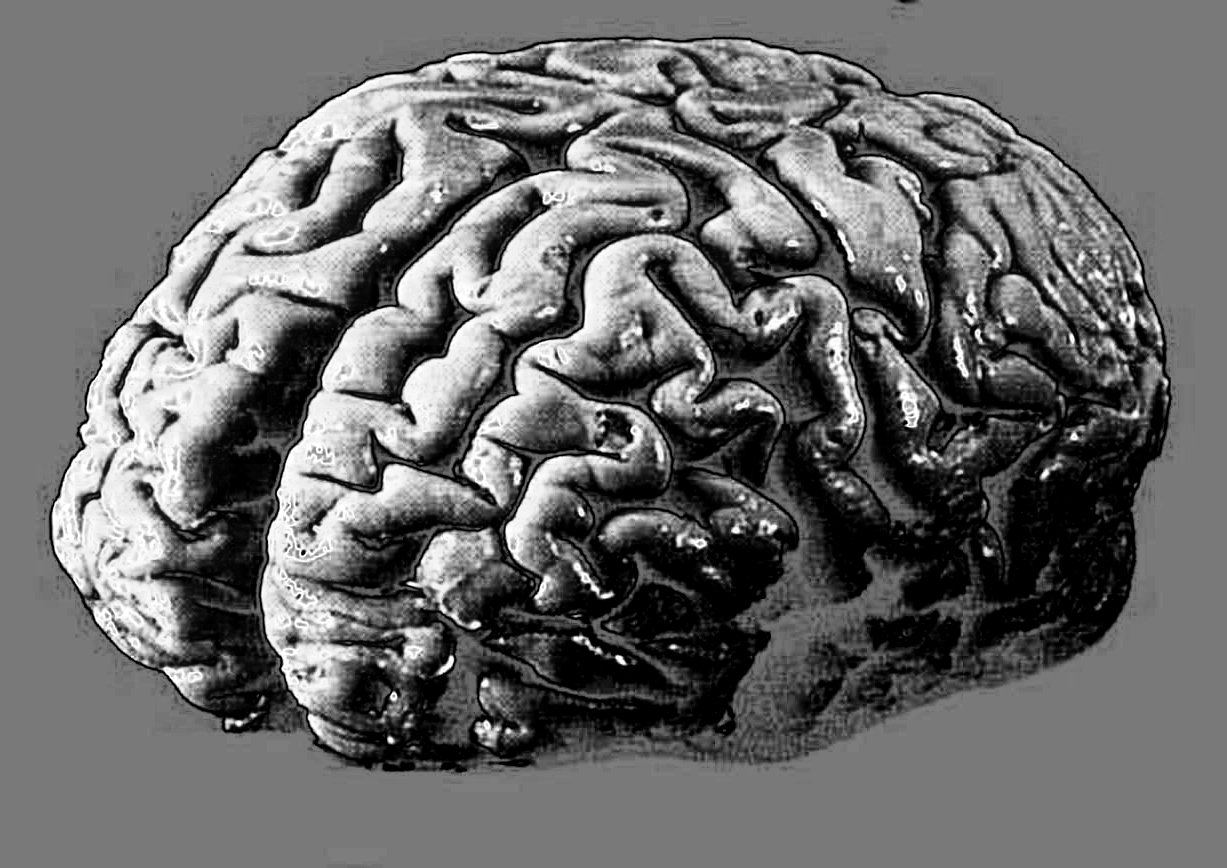Dementia forecast extended
 A new test could help predict who will get dementia in the next 14 years.
A new test could help predict who will get dementia in the next 14 years.
A new dementia risk assessment tool, the UK Biobank Dementia Risk Score (UKBDRS), surpasses existing methods, according to UK researchers.
This test, built on data from 200,000+ individuals, examines 11 predictive factors, including age, education, diabetes, depression history, stroke history, parental dementia, economic status, blood pressure, cholesterol levels, living arrangements, and gender. It also considers the APOE gene, a known dementia risk factor.
In a study involving 70,000 participants aged 50 to 73, the UKBDRS outperformed three established tests in predicting dementia over 14 years.
Dementia affects 50 million people globally, and this tool, targeting modifiable risk factors, could prevent up to 40 per cent of cases. Existing tests are unreliable across demographics and rely on invasive tests.
The UKBDRS, based on extensive data, comprises 11 key factors and considers the APOE gene. High-risk individuals identified by the UKBDRS can undergo further assessments.
While additional tests like cognitive assessments and brain scans could enhance accuracy, they're costly and time-consuming.
Its designers stress that the UKBDRS predicts likelihood, not certainty, but can show the importance of addressing modifiable factors like diabetes and high blood pressure.
More details are accessible here.








 Print
Print